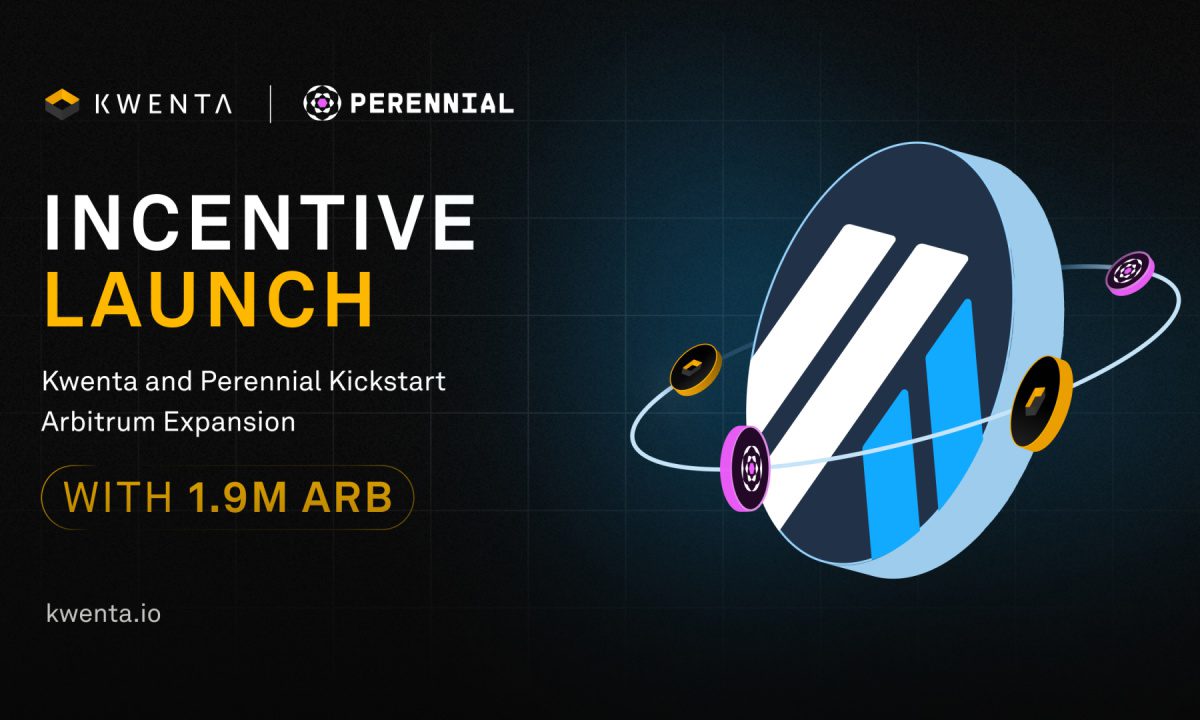A supply chain is a sequence of steps that a service, product, or commodity goes through before reaching its final customer base. It is the entire process that starts from the sourcing of raw materials to the delivery of the finished product to the end consumer. The supply chain involves various entities such as suppliers, manufacturers, distributors, retailers, and customers, all working together to ensure the smooth flow of goods or services.
Supply chains can vary significantly depending on the industry and the complexity of the product. For example, a supply chain for a basic consumer product like a t-shirt may involve steps such as cotton cultivation, yarn production, fabric weaving, garment manufacturing, packaging, and distribution. On the other hand, a supply chain for a complex electronic device may involve sourcing of rare materials, component manufacturing, assembly, testing, packaging, and logistics for worldwide distribution.
Traditionally, supply chains have faced challenges in terms of transparency, efficiency, and security. Information and data are often siloed within individual organizations, leading to delays, errors, and limited visibility across the entire supply chain network. These inefficiencies can result in increased costs, wasted resources, and difficulties in ensuring product authenticity and quality.
This is where blockchain technology comes into play. Blockchain is a decentralized and distributed ledger technology that enables secure and transparent transactions. It works by creating a chain of blocks that store information in a secure and tamper-proof manner. Each block contains a set of transactions, and once added to the chain, it cannot be altered. This immutability ensures data integrity and prevents fraudulent activities.
In the context of supply chains, blockchain can revolutionize the way information is recorded and shared among different stakeholders. By creating a single source of truth, all parties involved in the supply chain can have real-time visibility into the movement of goods, transactions, and other relevant data. This transparency helps in identifying bottlenecks, reducing fraud, and improving overall efficiency.
Additionally, blockchain can enable the use of smart contracts in supply chain management. Smart contracts are self-executing agreements with the terms of the contract directly written into lines of code. They can automate various processes, such as payments, quality checks, and compliance verification. By eliminating the need for intermediaries, smart contracts can streamline operations and reduce costs.
Another key benefit of blockchain in supply chain management is enhanced traceability. With the use of unique identifiers, such as QR codes or digital tags, products can be easily tracked at every stage of the supply chain. This enables quick identification of the origin, movement, and authenticity of goods. For example, in the food industry, blockchain can help in tracing the source of contaminated products and taking immediate action to prevent further harm.
Moreover, blockchain technology can improve the sustainability of supply chains. By providing transparent and reliable information about the environmental impact of products, companies can make informed decisions and implement greener practices. This includes tracking the carbon footprint of goods, ensuring responsible sourcing of raw materials, and reducing waste throughout the supply chain.
Several industries have already started adopting blockchain for supply chain management. For instance, in the fashion industry, luxury brands like Louis Vuitton and Prada have partnered with blockchain companies to authenticate their products and combat counterfeiting. In the pharmaceutical industry, blockchain is being used to track and verify the authenticity of drugs, reducing the risk of counterfeit medications entering the market.
In conclusion, a supply chain is the network of activities involved in bringing a product or service from its creation to the end consumer. The integration of blockchain technology in supply chain management can address many challenges faced by traditional supply chains, such as lack of transparency, inefficiency, and security issues. By leveraging the benefits of blockchain, organizations can create more transparent, efficient, and sustainable supply chains, leading to improved customer satisfaction and increased operational effectiveness.













